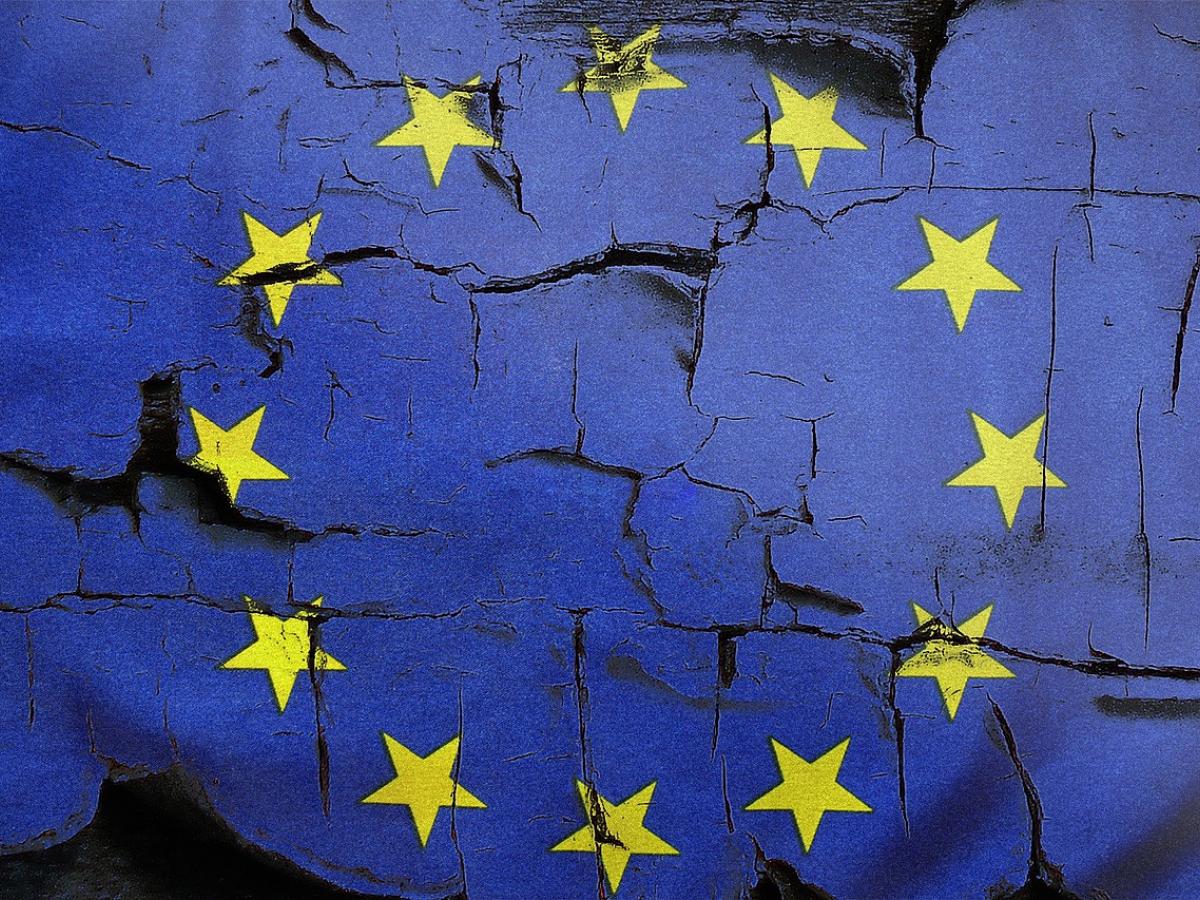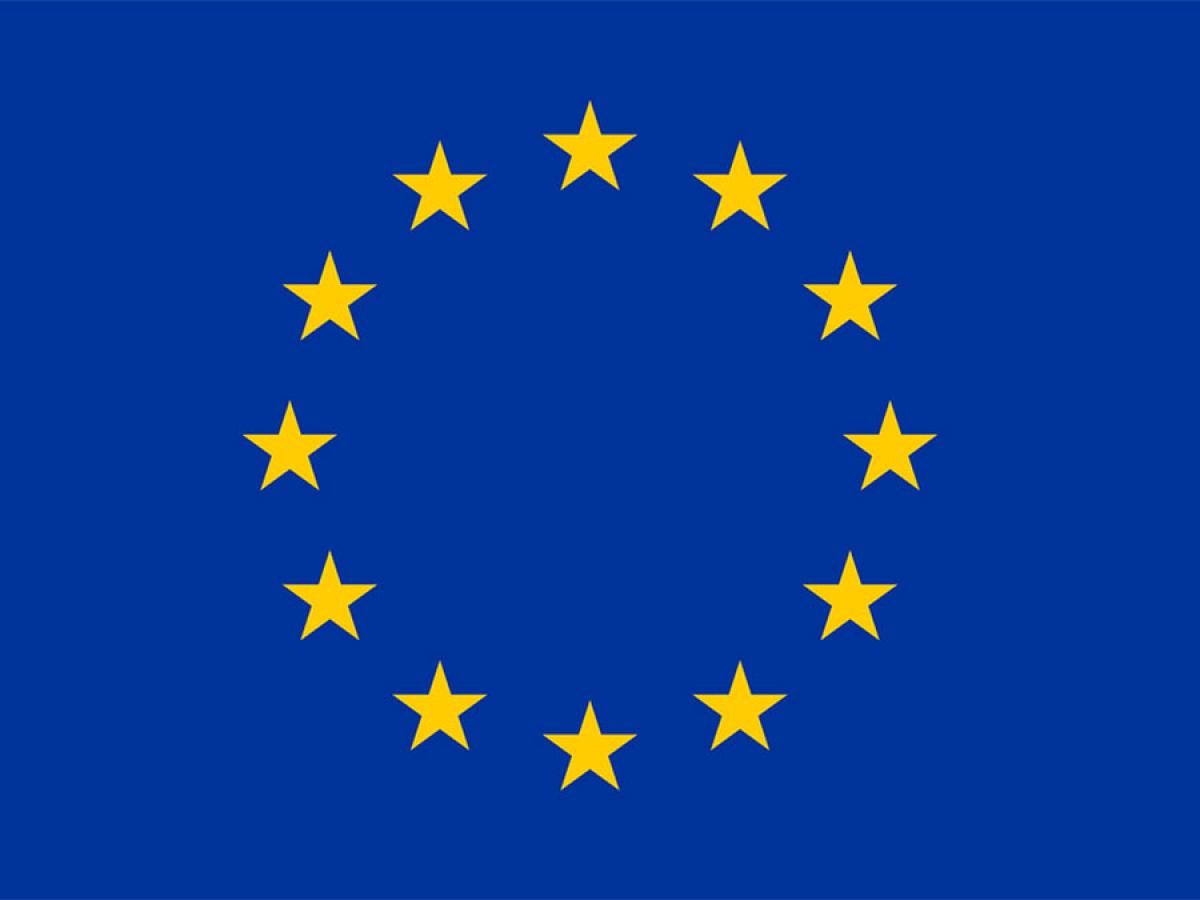The EU and COVID-19

A new crisis for the EU
The EU has had a crisis-ridden decade with the sovereign debt, migration and Brexit crises. At the same time, the institutional structure has been strengthened with the six-year Commission and budget cycles and forceful leadership from Commission President Juncker, Council President Tusk, Foreign Affairs supremo Mogherini and European Central Bank head Draghi.
By the end of 2019, with the Greek debt crisis winding down, migration and refugees out of the headlines and Brexit done, skies looked clearer for the new Commission under Ursula von der Leyen and the new head of the European Central Bank (ECB) Christine Lagarde.
However, by the end of February 2020 Europe was facing a health crisis in which the EU appeared almost absent. As the epicentre of the COVID-19 epidemic shifted to Europe, responses in the first half of March were national and decisions to close national borders challenged the Schengen zone of border-free Europe.
EU actions to counter COVID-19
A major problem has been the speed and variation of COVID-19’s spread. The first mover in late February, Italy, was cautious with limited, weakly enforced quarantine areas; as the number and spread of cases increased rapidly, Italy turned to full lockdown on March 12. France, Spain and Germany and the smaller EU countries followed at varying speeds and with diverse measures, including closure of national borders.
Although President Macron in particular emphasized the need for European and international cooperation in his TV messages to the nation, it was not until the EU leaders met in videoconference on March 10 that EU collaboration was visible.
Commission President von der Leyen followed up on March 11 with a video address to the Italian people, whose opening paragraph in Italian ended with a call for solidarity with the worst-hit EU member state: in Europa siamo tutti italiani. Continuing in English with Italian subtitles, von der Leyen offered all necessary support to Italy in its fight against COVID-19.
The head of the European Central Bank, Christine Lagarde, launched an emergency €750 billion package to ease the impact of the pandemic, tweeting "there are no limits" to the ECB’s commitment to the euro, in an echo of previous ECB president Draghi’s 2012 promise to do everything necessary to help Greece.
Policy-making under a fog of uncertainty
A fundamental problem for policymakers addressing COVID-19 is that it is new and nobody knows for certain which responses will work best. The initial policy of the UK was based on the theory of herd immunity; as infection spreads and people who recover have immunity, the pool of susceptible people shrinks to the point where the epidemic is halted.
However, when PM Johnson was confronted with estimates that the number of deaths would be at least 250,000 and more likely half a million, he suddenly reversed policy on March 16. For most EU governments, who were following to varying degrees the WHO-recommended approach of testing, tracking, isolating and thus reducing the burden on hospitals while better treatment responses are developed, the UK go-it-alone approach seemed highly irresponsible.
The EU has also been the butt of US national policies. After referring to the virus as Chinese, President Trump’s initial ban on travel from Europe pointedly identified Europe with the Schengen zone, even though there was no scientific reason for targeting the UK differently from EU members, some of whom had more COVID-19 cases and some less than the UK.
Export restrictions and a breakdown in EU solidarity
The EU itself has not been innocent of misguided nationalism. On March 3 and 4 France, Germany and the Czech Republic banned export of key medical equipment. On March 15, they were convinced to drop restrictions on sales within the EU as the EU imposed exports restrictions on $12 billion worth of key products to non-EU members. The direct negative impact on trade partners (primarily Italy in the first half of March, and Switzerland, Norway and the USA after March 15) is clear and retaliatory measures are likely to reduce mutual gains from trade. Any exemptions from bans will increase the paperwork and costs of trade.
EU export restrictions are already disrupting supply chains. Production at Hamilton Medical, the Switzerland-based global market leader in the manufacture of ventilators, has been slowed because Romania banned exports of a critical input that Hamilton was sourcing from Romania. The lesson is that an EU export restriction may put at risk EU imports needed to fight COVID-19.
At this stage, it is too early to tell whether the COVID-19 episode reflected the fragility of EU common action or the ability of the Union to overcome initial nationalist instincts. The pandemic has challenged the notion of subsidiarity that is enshrined in the EU’s Maastricht Treaty. Italy’s original response was to delegate policy to the provinces in which the outbreak began; when this proved inadequate, responsibility was shifted to regional governments and ultimately the national level.
The need for coordination was clear but implementation starts locally. At the EU level, there is a similar problem of determining what needs to be standardized in EU-wide policies towards COVID-19 (e.g. respect for Schengen) and what need to be national or local decisions, e.g. closing schools, or the level of lock-down (if essential businesses are to remain open, do food shops include cake shops or chocolate shops or wine merchants?).
The need for a global response
What is clear is that the scientific response to COVID-19 should be global. Although generally underreported by the media, this has happened to an admirable extent. The virus’s genomic sequence was published on January 12th by Chinese researchers who created the first genetic test for COVID-19 a few days later; the results were immediately made public for the global research community.
As of March 20, over 600 papers on COVID-19 had been posted by researchers worldwide on the prepublication site medrxiv. Such sharing of preliminary research results helps evaluation of drugs or other measures to address the pandemic before the normally lengthy approval processes.
Although the media tend to focus on the Eldorado of a vaccine, which is unlikely to be available before next year, any treatment that reduces the fatality rate or reduces the time spent in hospital by recovering patients will be important in mitigating the impact of COVID-19. Research outcomes are intrinsically unknown and breakthroughs could occur anywhere, so result-sharing trumps any boasts by politicians that the best research is being done in their universities.
As a final comment on COVID-19 and the EU, the pandemic should not obscure the significance of other events. After the refugee crisis of 2015 when Germany accepted a million migrants and the EU attempted to impose “burden-sharing” that was opposed by some members, the EU backed down on common action in 2017 as the magnitude of the crisis ebbed.
The decision by Turkey, location of the most Syrian refugees by far, to allow refugees to move on to Europe has caused concern, especially in front-line countries such as Greece. The EU response in 2020 is much less welcoming than in 2015 and may even be condoning harsh treatment of would-be immigrants in order to discourage further refugee waves. Media coverage of events on the borders of the Schengen zone is, however, drowned out by coverage of COVID-19.
By Richard Pomfret - Professor of Economics & Jean Monnet Chair Economics of European Integration, The University of Adelaide
The European Commission's support for the production of this publication does not constitute an endorsement of the contents, which reflect the views only of the authors, and the Commission cannot be held responsible for any use which may be made of the information contained therein.

With the support of the Erasmus+ programme of the European Union
This work is licensed under Commons Attribution-NonCommercial-NoDerivatives 4.0 International License.
IIT is a global leader in researching, analysing and commenting on International Trade.
Stay informed about our up-and-coming seminars, events, publications, awards, new projects and collaborations, and other exciting news.
